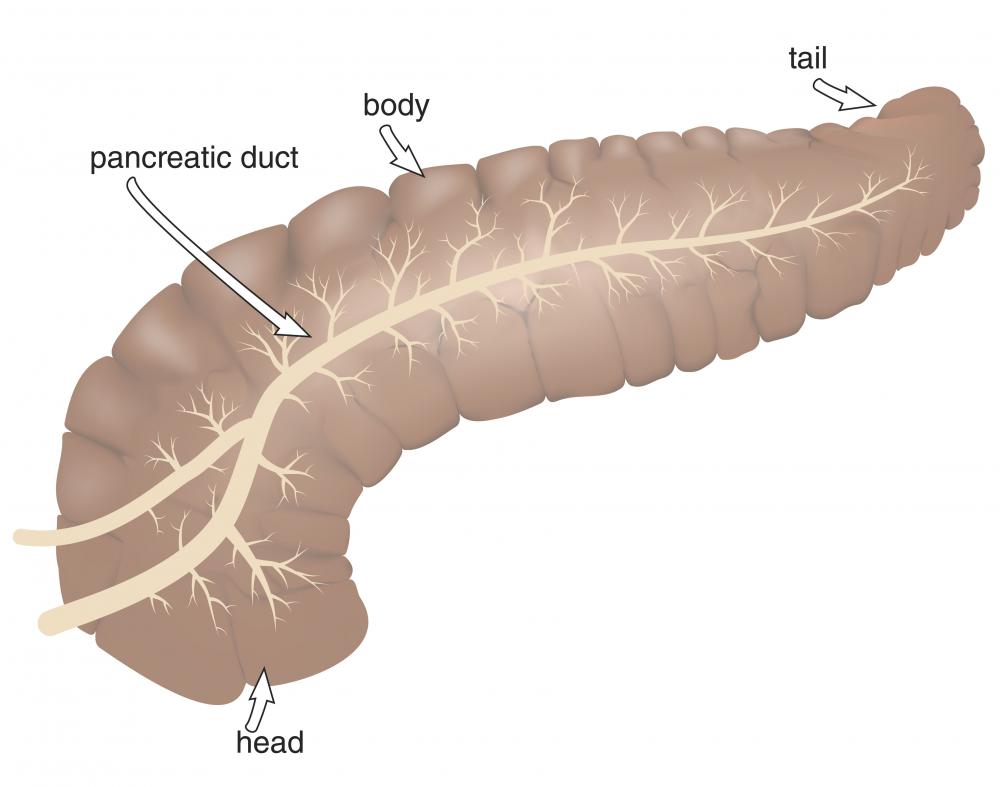At TheHealthBoard, we're committed to delivering accurate, trustworthy information. Our expert-authored content is rigorously fact-checked and sourced from credible authorities. Discover how we uphold the highest standards in providing you with reliable knowledge.
What is a Sphincter?
A sphincter is a ring of muscle which holds any kind of biological opening closed. Sphincters are an important part of almost any system in a body. They help to both regulate the exit, entrance and circulation of fluids, gasses, and solids. They help blood to move through a circulatory system and bile and nutrients to go through the digestive systems. They also assist in the voiding of wastes.
There are as many as 50 different sphincters inside the human body. Some are external, such as the mouth, and others are microscopically internal, such as the ones in capillaries. One in the eye controls the contracting and widening of the iris when it is exposed to light, and there are also some that help control the flow of pancreatic juices.

Some sphincters are under voluntary control, while others are involuntary. These are differentiated by being controlled by two different types of nerves, the somatic, or voluntary, and the autonomic, or involuntary. An example of an involuntary sphincter is the ileocecal sphincter. Also known as the Ileocecal valve, it closes off the the small intestine so that food that has not been fully broken down won't pass into the next stage of digestion. The rectum has both a voluntary and an involuntary sphincter — the first moves wastes through the tract, while the second allows control over bowel movements.

When a sphincter muscle loses its ability to hold itself closed, it can cause health problems. A person can lose control over bladder and bowel movements when these sphincters can no longer contract. Lack of control comes from diverse causes such as having surgery, or stresses as simple as sneezing. Nerve damage can also lead to an inability to close a voluntary sphincter.

For those with weakened sphincters, several treatments are available. The muscles can be retrained back to their former strength through muscular exercises or drugs. For those with severe problems, artificial sphincters have been developed. These are small, inflatable cuffs which can be inserted in the body surgically to help hold closed the urethra or anus. The cuffs are usually inflated with liquid and attached to a small balloon and a pump; when the user needs to urinate or void wastes, they can pump liquid out to release it using muscular contractions.
AS FEATURED ON:
AS FEATURED ON:















Discuss this Article
Post your comments